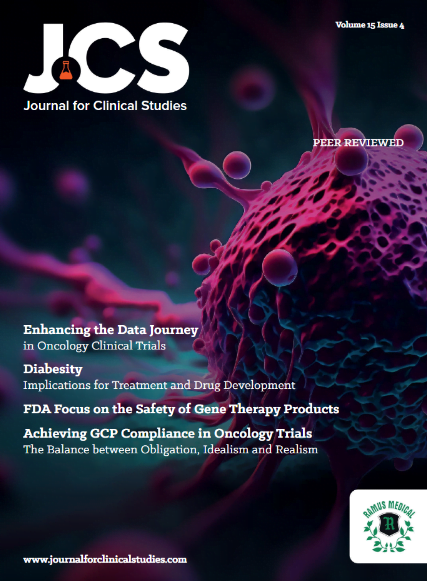Heptares Therapeutics, the UK-headquartered wholly-owned subsidiary of Japan’s Sosei Group, has formed a new drug research and development pact with Imperial College London focused on gastrointestinal disease.
During the multi-year collaboration the parties will strive to “rapidly advance” drug discovery and translational research focused on multiple new and existing G protein-coupled receptor (GPCR) disease target opportunities associated with the gastro-intestinal (GI) tract.
The GI tract is the largest endocrine organ in the body, producing a variety of hormones that act on a diverse range of GPRCs, many of which are involved in the pathophysiology of multiple GI diseases. The researchers aim to investigate the potential of these receptors in therapeutic interventions, with the ultimate aim of discovering new druggable targets and subsequent therapies.
Malcolm Weir, Chief R&D Officer of Sosei and Heptares, said the collaboration with ICL “builds on existing GPCR programmes implicated in immune disorders and GI function and we are excited by the potential it offers to support the identification and translation of new therapies for patients with GI diseases.”
“We hope this new partnership between Imperial and industry researchers will bring great benefits to science and public health,” added Professor Jonathan Weber, acting Dean of the Faculty of Medicine at Imperial College London.
“Breakthroughs in this field could ultimately help to the improve quality of life for patients living with inflammatory bowel disease, which affects more than half a million people in the UK alone.”
Heptares will fund and support programmes of work in terms of target discovery and validation and will be responsible for the progression and commercialisation of any compounds resulting from the collaboration.
Journal For Clinical Studies has a distinguished editorial advisory board providing the best guidelines for global clinical trials. Your resource for Multisite Studies and emerging markets.
Journal For Clinical Studies © 2024, All Rights Reserved – Powered by Teksyte















